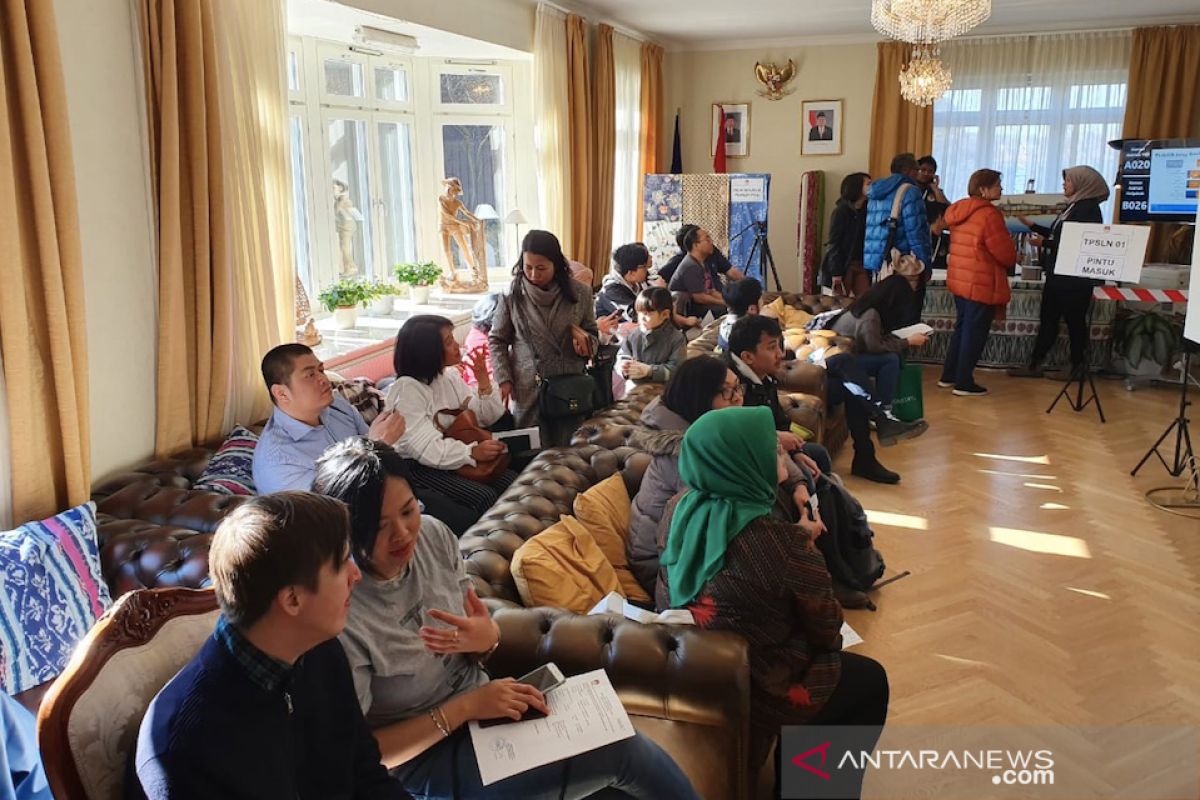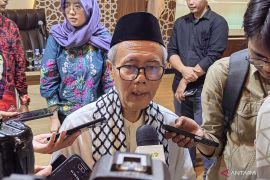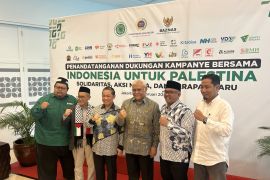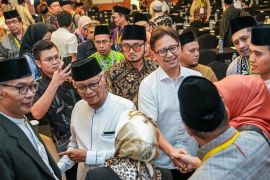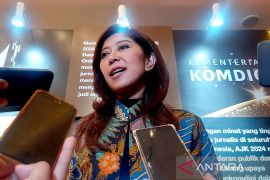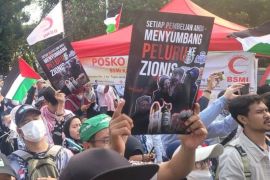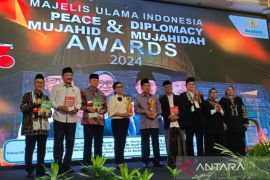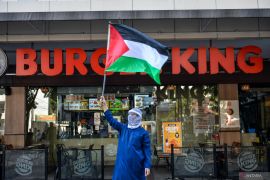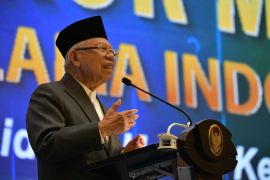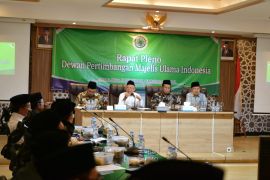"We urge all eligible voters to come to polling stations to cast their votes on April 17. Please avoid 'Golput' or those abstaining from voting," Chairman of MUI-Maluku Chapter Abdullah Latuapo said here on Sunday.
Following the end of the final round of the Joko Widodo-Ma'ruf Amin and Prabowo Subianto-Sandiaga Uno's presidential debate on Saturday evening, Indonesia is currently entering a cooling-off period from Sunday until the D-day on Wednesday (April 17).
Abdullah Latuapo said those called the "White Group" or "Golput" could be said to be irresponsible people because they were eligible to vote but intentionally abstained from voting.
In order to help ensure that the upcoming parliamentary and presidential elections is convened fairly, democratically, and peacefully, he also urged the people at large as well as security personnel to keep their respective neighborhood remain conducive.
On Saturday, influential figures of the Maluku Interfaith Communication Forum held a meeting and initiated a prayer for the sake of Indonesia's fair and peaceful fiesta of democracy on April 17.
The event was attended by Abdullah Latuapo (MUI), Pastor Agus Ulhayanan (Catholic Diocese of Amboina), Hendrik Hetary (Synode of the Maluku Protestant Churches), Wilhelmus Yawelrissa (the Council of Buddhist Communities (Walubi), and I Nyoman Sukadana (the Indonesian Hindu Religious Council-Maluku Chapter).
The General Election Commission (KPU) has allowed the two pairs of presidential and vice presidential candidates to conduct their closed and open campaign trails, and has also lined up five rounds of presidential debates for them.
The first and second presidential debates were organized on January 17 and February 17, 2019, respectively, during which the two presidential candidates expressed their views and perspectives on issues encompassing law, corruption, terrorism, the environment, and infrastructure.
The third debate, on March 17, drew focus to educational, employment, health, as well as social and cultural issues, while the fourth round, covering international and ideological issues, was organized on March 30.
The presidential debates, televised live by several TV channels, was expected to enable over 192 million eligible voters to gain a comprehensive understanding of the capacity and capability of the two pairs.
The information was expected to facilitate the public to have a rational outlook while voting, and irrespective of which pair emerges victorious in the upcoming presidential election.
Translator: Rahmad Nasution
Editor: Fardah Assegaf
Copyright © ANTARA 2019
